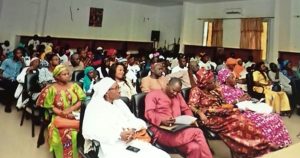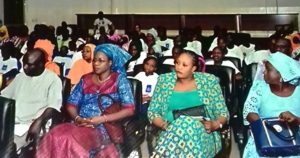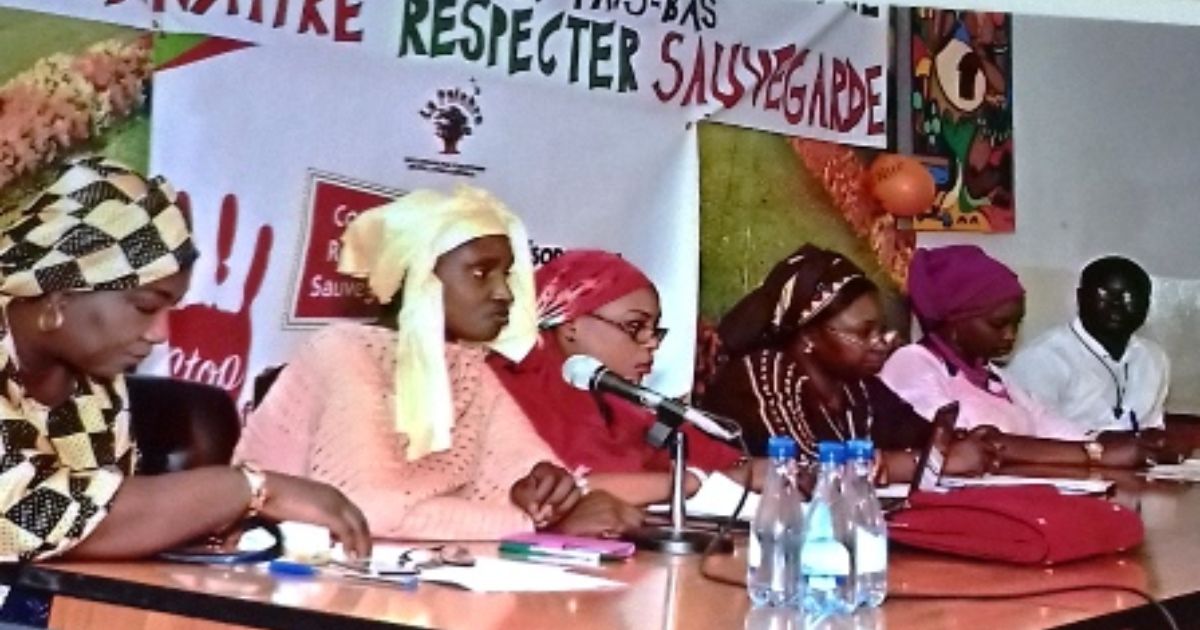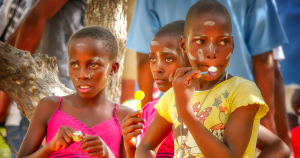Thies, Senegal, 1 juillet 2017
On 1 July 2017, No Peace Without Justice, in partnership with La Palabre and the Inter-African Committee for Traditional Practices Affecting the Health of Women and Children (IAC), convened a national workshop in Thies, Senegal, aimed at fostering the implementation of United Nations General Assembly Resolutions 67/146 and 69/150 calling for a worldwide ban on female genital mutilation.
The workshop was organised with the support of the Italian Ministry of Foreign Affairs and International Cooperation, in the framework of a project aimed at fostering the implementation of United Nations General Assembly Resolutions 67/146 and 69/150 calling for a worldwide ban on female genital mutilation.
Participants included representatives from the Ministry of Women, Family and Childhood and the Ministry of Justice, the political and academic authorities of the Region of Thiès, members of the judicial sector and police officials, health practitioners, civil society activists and local NGOs (COSEPRAT, FemnetSenegal, Association des Juristes Senegalaises), members of the press (Sud quotidien, Best FM, Radio Corkat), community and religious leaders, as well as representatives of UN agencies and other international organisations and diplomatic missions.

The workshop provided an opportunity to analyse and discuss national mechanisms designed to address gender-based violence, with a specific focus on female genital mutilation (FGM) and early or forced marriage. The discussion also focused on identifying adequate measures to improve existing strategies addressing violations of the prohibition of FGM and build the capacity of the police, gendarmerie and the judiciary in ensuring compliance with the law.
The Senegalese law banning FGM dates to 1999, and furthermore, the Constitution of 22 January 2001 establishes that the right to the integrity of the person must be guaranteed and protected, notably against any form of physical mutilation. Similarly to other countries in which FGM is committed, the fight against this human rights violation requires enhanced cooperation and synergy of action among all institutions (including the National Education) and civil society organisations focused on FGM, as well as the strict and effective enforcement of the law prohibiting FGM, to protect its victims and to hold perpetrators to account.

Documentation
For more information, contact Nicola Giovannini, email: ngiovannini@npwj.org.




